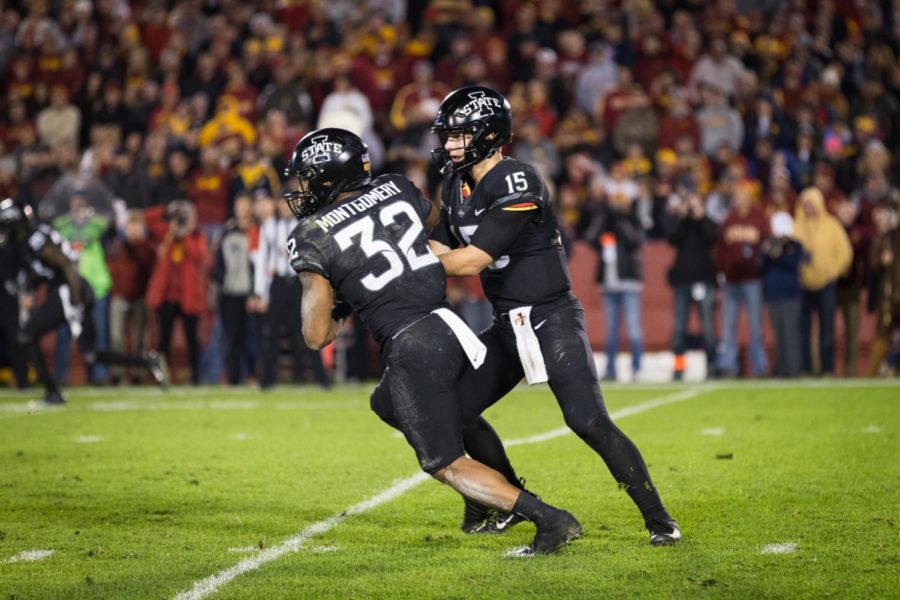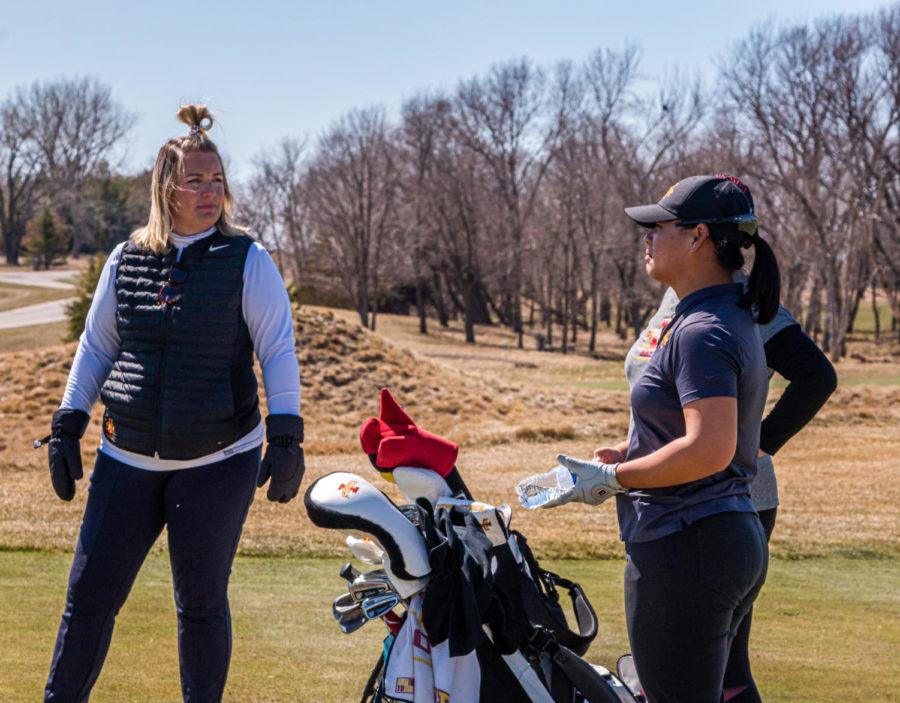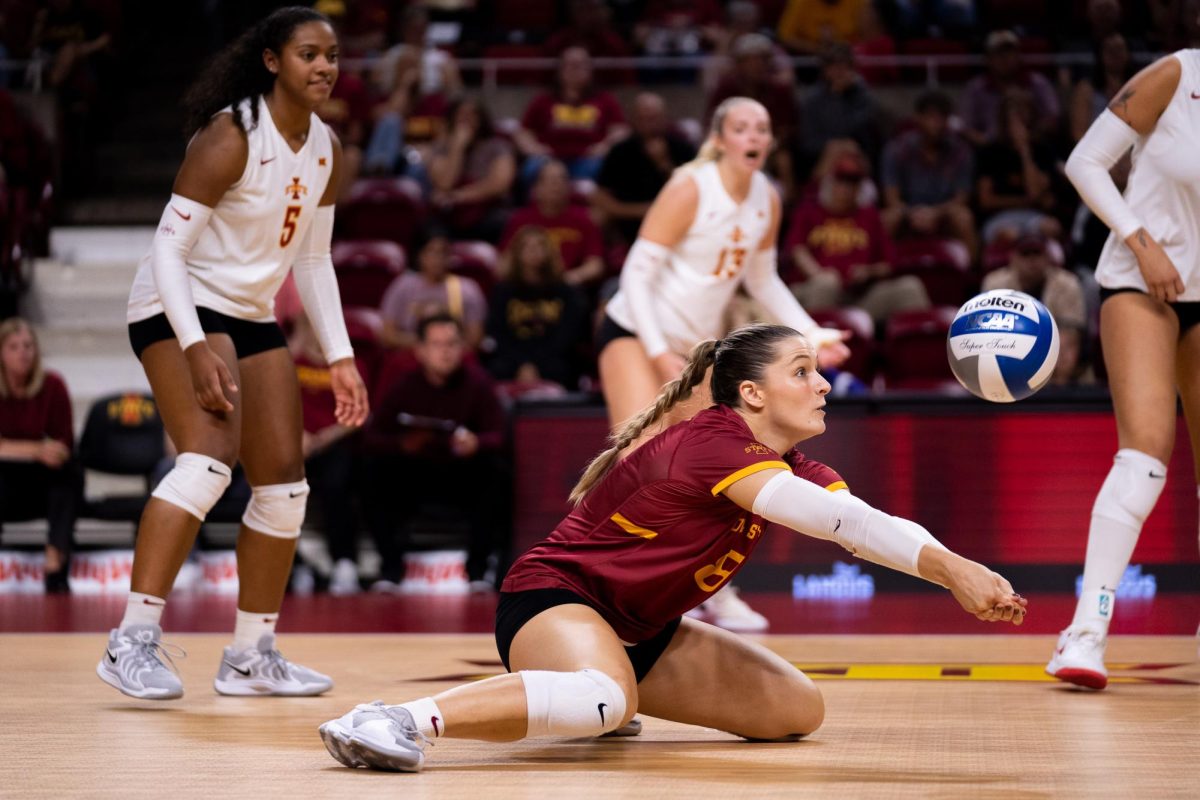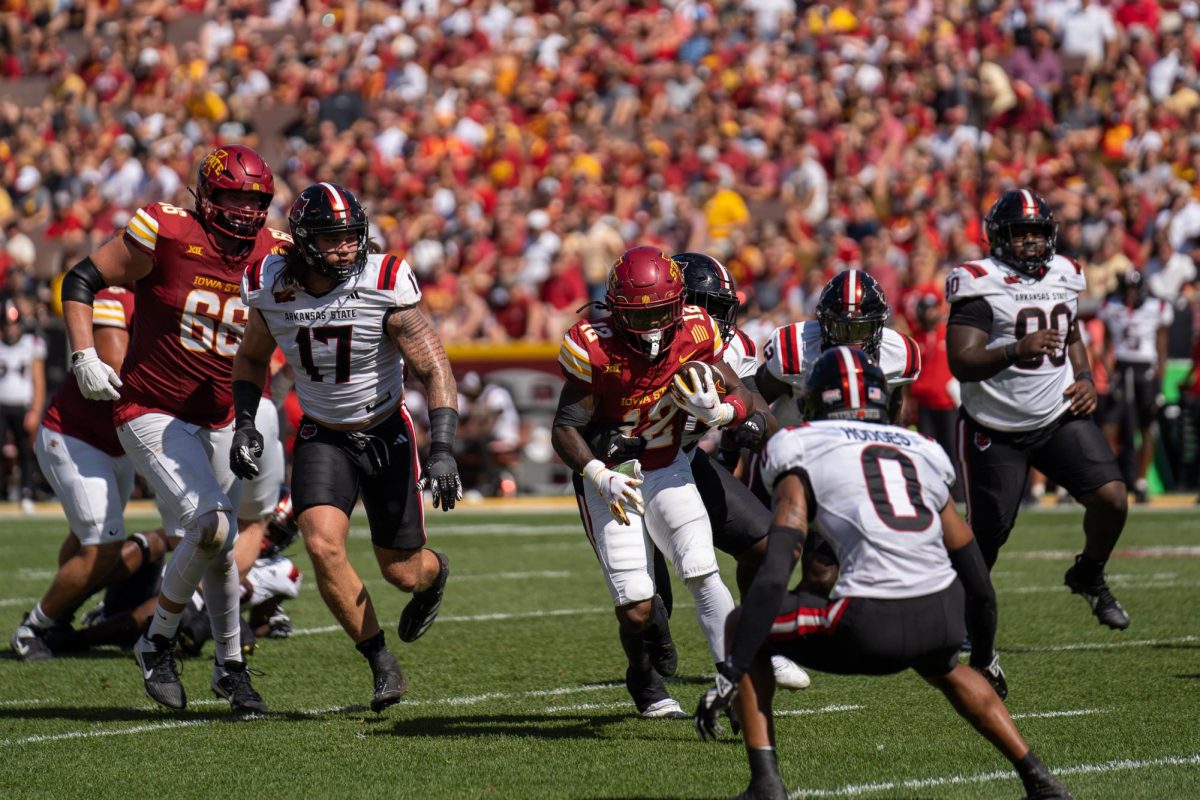Music fans hungry for live recordings
December 3, 1998
Many music fans find themselves traveling to local music stores in search of the latest bootleg from their favorite band.
Finding such a unique treasure sets them apart from any mediocre fan and escalates them up to die-hard fan status.
But alas, those looking for such rarities will not find them at any of the main music retailers in Ames.
Bootlegs are illegal unless the band has authorized them. In fact, just last Monday, MTV News reported that Metallica filed a lawsuit against on-line music store Amazon.com for selling a bootleg album titled “Bay Area Thrashers: The Early Days.” Metallica accuses the company of unfair competition, copyright and trademark infringements.
For those who simply must have a unique token of musical performances, there’s still hope. Local music retailers offer legal alternatives to bootlegs.
Imports, as they are usually called, are not manufactured in the United States; rather, they are made in other countries. For this reason, imports offer unique performances and unreleased tracks of many bands for the U.S. consumer and do so legally.
Most of Ames’ music stores buy the imported discs from a catalog like they would with any other domestic order. The only major difference is the price. Retailers have to pay more for an import than a “domestic” disc; thus, the added expense gets passed on to the customers.
However, the more expensive price is usually worth it because the purchaser of an import gets to experience songs that may not have yet been released in the U.S.
Disc-Go-Round manager Scott Andresen pointed out the appeal of imports. “[Imports] are collectors items — something not everyone can have.”
Unfortunately, imports are not always what they’re cracked up to be. In the past, they have been notorious for poor sound quality. Live songs could be especially disgraceful when crowd noise dominated over the music being played.
To prevent a customer from buying an import with distractions like some dude asking for his beer and girls screaming over the distant music, some stores allow customers to listen to the CD before they buy it.
Charlie Stewart, manager of Peeples Music in Ames, said that customers are welcome to listen before they buy with the understanding that they can only return a disc if it is defective and not because it didn’t live up to their sound quality standards.
However, new technology is slowly but surely turning poor sound quality imports into a thing of the past, making them a more viable option when hunting for new tunes.
But this is not to say the demand for bootlegs has been lost. Many bands allow their concerts to be recorded, creating a legal market of tapes from their shows.
The Black Crowes and Widespread Panic are among the most well-known bands who actually encourage fans to bootleg their concerts.
Participants of the bootlegging process form a bond with one another. A type of “underground brotherhood” results between a band’s bootlegging followers.
Charley Cloffero is one such follower. He began his hobby when he was 16. The Omaha native bootlegged heavy metal bands on a cassette recorder throughout high school.
Cloffero’s hobby headed for a more serious direction when he was following the Grateful Dead. Now that the band has dispersed, he has found a home away from home at Widespread Panic’s Midwestern concerts.
The very personable and friendly bootleg enthusiast was spotted at Panic’s most recent Ames show at Stephens Auditorium.
Like many of the other “bootleggers” seen at the performance, he proved he was far more into the recording process than he was during the 80s.
His $1,600 Tascam DAT recorder sat on the floor next to his seat, and from it rose a 6-foot high stand that allowed two microphones to hover over him.
Such a large investment is common among bootleggers at an authorized gig such as Widespread Panic.
Thousands of dollars worth of equipment are now being carried by a noticeable percentage of concertgoers, whereas less than a decade ago such a massive and expensive bootlegging extravaganza would have turned the attention from the band to the bootleggers.
The dedication exhibited by Cloffero and other bootleggers has allowed high quality bootlegs to enter the market, but only on a small scale.
Currently no music retailers in Ames are carrying tapes of authorized concerts, just imports, despite the demand.
Andresen has noticed that about once a week someone will come in looking for tapes, but to their disappointment, he must tell them they don’t have any.
So the search continues for fans looking for legitimate bootlegs.
But here’s a tip: the answer to the booty call lies within the dedicated fans who have dished out the dough on recording equipment and have spent countless hours driving, recording and mixing to bring other fans the fresh taste of a favorite band.
There’s a Charley Cloffero at every concert; all you have to do is find him.






